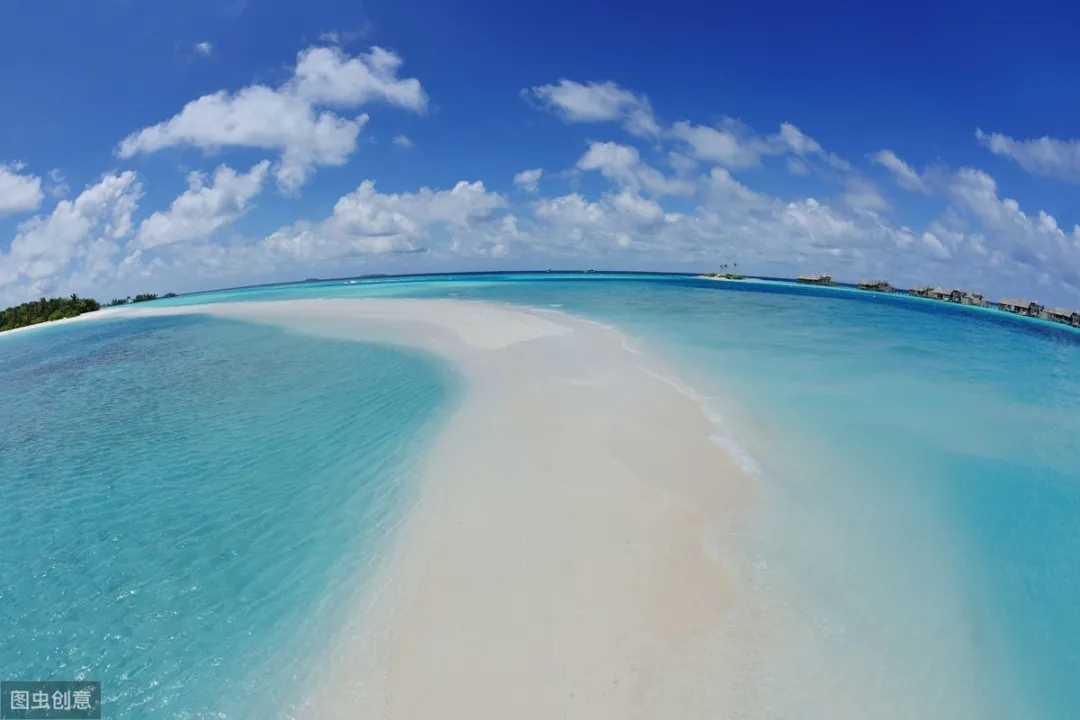In Traditional Chinese Medicine (TCM), the production of phlegm-dampness is closely related to the spleen. The spleen is primarily responsible for the transformation and transportation of fluids, thus it is the “source of phlegm.” Simply put, if the spleen’s function is impaired, the body’s fluid metabolism will be disrupted, leading to abnormal accumulation and the formation of phlegm-dampness.
Observation, Listening, Inquiry, and Differentiation of Phlegm-Dampness
Observation involves examining the body shape and tongue coating. TCM states that “overweight individuals often have phlegm-dampness,” as obesity is often a concentrated external manifestation of phlegm-dampness constitution. Additionally, it is commonly characterized by excessive facial oiliness, slightly swollen eyelids, a distended and soft abdomen, and a large tongue with a white, greasy coating.
Listening: Individuals with severe internal phlegm-dampness generally have a strong body odor and bad breath.
Inquiry: Those with excessive accumulation of phlegm and dampness often feel heavy and uncomfortable, fatigued and sluggish. Upon further inquiry into their medical history, many also have issues such as hypertension, hyperlipidemia, hyperglycemia, and hyperuricemia.

Wherever Phlegm-Dampness Accumulates, Disease Follows
Once phlegm-dampness forms, it becomes a significant health hazard, causing disturbances wherever it accumulates: in the head, it leads to dizziness and drowsiness, even confusion; in the mouth, it results in a sticky or sweet taste; in the throat, it feels as if there is a foreign object; on the skin, it causes obesity, excessive sweating, and stickiness; in the chest, it leads to chest tightness, shortness of breath, and excessive phlegm; in the reproductive organs, it causes excessive vaginal discharge; and in the joints, it results in joint pain, stiffness, and swelling of the limbs (with a pitting effect upon pressure).
What Causes Cold and Dampness to Obstruct the Spleen?
External factors often include living in damp environments, exposure to rain, or prolonged lying in wet areas; internal factors are often due to consuming cold foods, fruits, and drinks, or excessive intake of cold and raw foods. The spleen is considered a damp earth element, easily invaded by damp pathogens. When dampness is heavy and stagnant, it is yin in nature, which can easily damage yang energy, leading to internal cold. The combination of cold and dampness obstructs the spleen, resulting in the syndrome of cold-dampness obstructing the spleen.
Let’s look at how to differentiate and improve phlegm-dampness and cold-dampness obstructing the spleen.
Phlegm-Dampness Obstructing the Spleen
Symptoms: Poor appetite, lack of desire to eat, bitter taste in the mouth, dry throat, reddish and painful urination, loose stools with odor, white greasy tongue coating, and wiry rapid pulse.
Treatment Principle: Dry dampness, transform phlegm, drain heat, and clear the spleen.
Main Formula: Modified Qingpi Decoction (Qingpi Tang).

Cold-Dampness Obstructing the Spleen
Cold-dampness obstructing the spleen is often due to a deficiency of spleen qi, or from consuming cold foods, or exposure to rain, or prolonged lying in damp areas, which obstructs the yang of the spleen and prevents the transformation of fluids. Symptoms often include reduced appetite, fullness and discomfort in the stomach and abdomen, nausea, sticky mouth without thirst, or thirst without desire to drink, heaviness in the head and body, diarrhea with swollen limbs, or dark and yellowish skin, excessive vaginal discharge, thick white greasy tongue coating, and a slow or weak pulse. This syndrome can be seen in chronic gastritis, chronic hepatitis, and certain edema conditions.
Manifestations of Cold-Dampness Obstructing the Spleen
The cold-damp pathogen obstructs the middle jiao, leading to symptoms of impaired transformation and transportation. Clinically, it often presents as abdominal distension, fullness, pain, poor appetite, nausea, or jaundice, indicating dysfunction of the spleen and stomach and excessive internal cold-dampness.
Dampness Obstructing the Spleen and Stomach
Symptoms: Spleen earth fails to transport, dampness obstructs the middle, causing chest and abdominal fullness, bland taste without thirst, lack of desire to eat, or nausea and vomiting, loose stools, fatigue, and drowsiness, with a non-red tongue and thick greasy coating.
Treatment Principle: Dry dampness, strengthen the spleen, and eliminate fullness.
Main Formula: Modified Pingwei Powder (Pingwei San).
Cold-Dampness Invading Externally
Symptoms: External invasion of wind-cold, internal injury from damp stagnation, fever with chills, headache, chest fullness, abdominal pain, nausea, vomiting, bowel sounds, diarrhea, and a white greasy tongue coating.
Treatment Principle: Release the exterior, transform dampness, regulate qi, and harmonize the middle.
Main Formula: Modified Huo Xiang Zheng Qi Powder (Huo Xiang Zheng Qi San).

Cold-Dampness Obstructing the Spleen
Symptoms: Swelling of the limbs, pale complexion, shortness of breath, lack of thirst, heaviness in the body, poor appetite, clear loose stools, and cold limbs. The tongue has a thick greasy coating and is moist, with a submerged and thin pulse.
Treatment Principle: Warm yang, strengthen the spleen, promote qi, and benefit water metabolism.
Main Formula: Modified Shizhi Decoction (Shizhi Yin).
The spleen belongs to the earth element, prefers dryness, and dislikes dampness, but it is most susceptible to dampness, which can vary greatly. It is essential to differentiate clearly for effective treatment.
Remember Follow us!
Follow us!
Editor Shares Good Articles with Friends
1.Many stomach diseases have their roots in the liver or cold; with just two simple herbs, we can soothe the liver, regulate qi, warm the stomach, and dispel cold.
2. Flatulence is a mirror of the spleen; these three types of flatulence remind us to nourish the spleen, along with six Chinese patent medicines to regulate the spleen and stomach.
3. Insufficient lung qi and lung yin, leading to shortness of breath, dry cough, aversion to wind, excessive sweating, irritability, and tidal fever treatment.
4. Feeling palpitations, chest tightness, and difficulty breathing? A “powerful” Chinese patent medicine can clear obstructions and prevent heart disease.
Like is a form of encouragement Share to spread joy.

